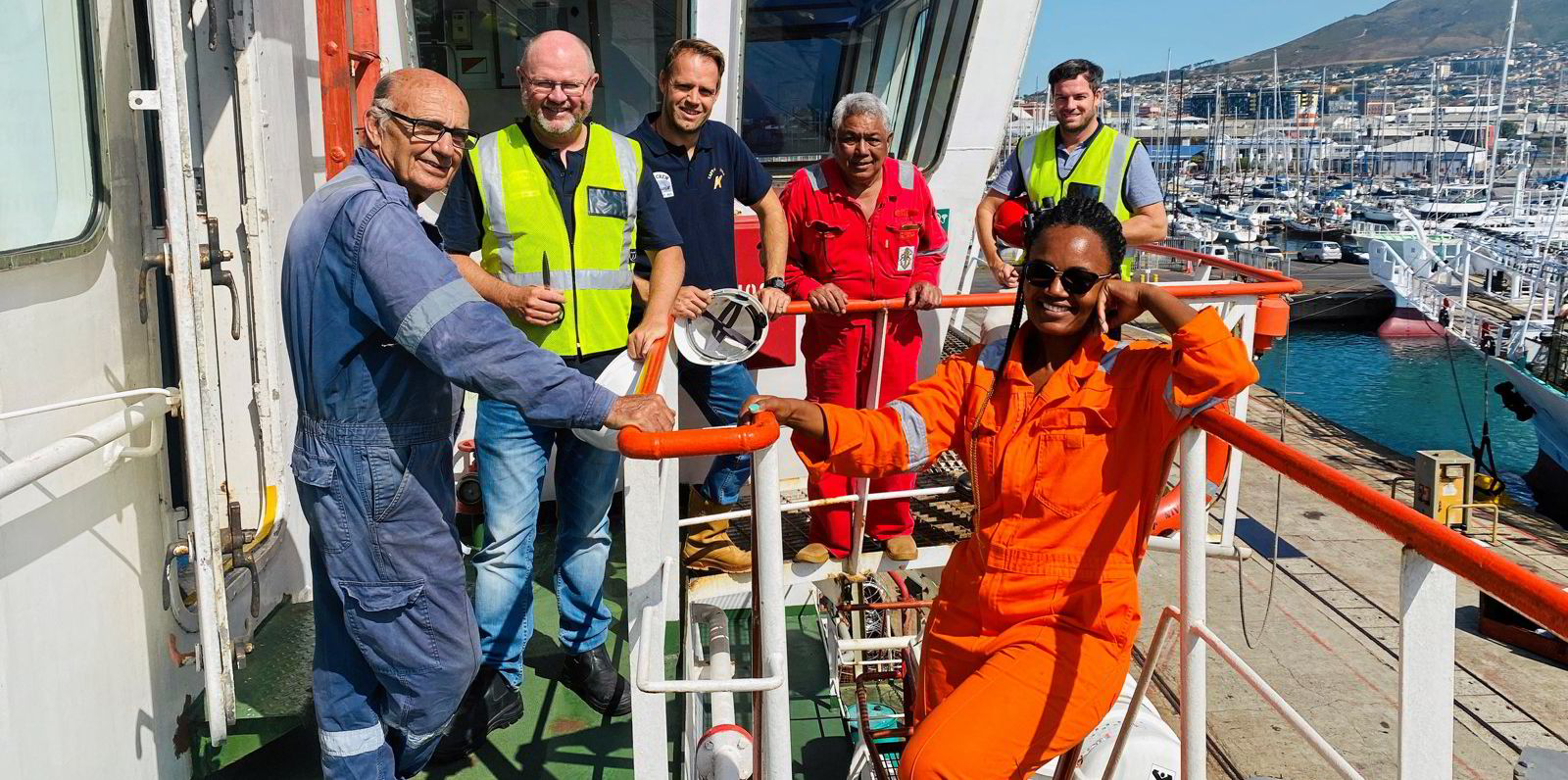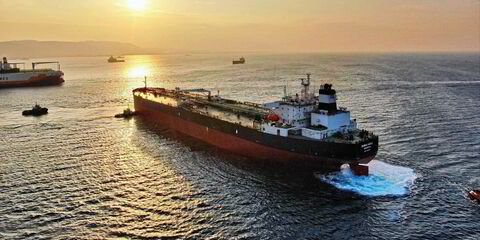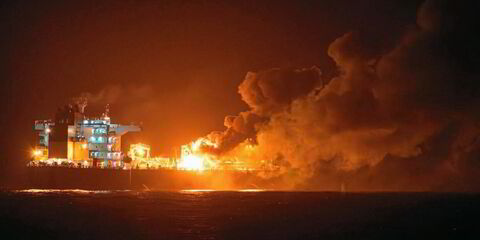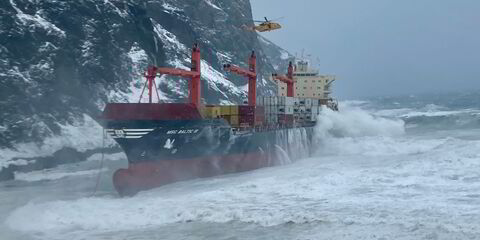Seafarers have endured a great deal over the last 16 months of the pandemic. At one point, 400,000 were stuck on ships totally becalmed by severe coronavirus movement restrictions.
That amounted to roughly a quarter of the 1.6m seafarers who in normal times keep more than 2bn dwt of cargoes flowing through the global supply chain.
They faced abandonment, cancelled repatriation, severe social isolation, heavier workloads and fatigue, along with increased tension with shipmates as they remained on board without any chance of going ashore.
It is unlikely to be a coincidence that 2020 saw an increased number of seafarer abandonment cases, which spiked at 75 cases worldwide. While much of the world went into lockdown, seafarers remained separated from their homes, friends and families, sometimes with very little support.
Even now, 200,000 seafarers are still facing disruption to the normal pattern of crew change with obvious consequences for their physical and mental welfare.

The plight of crews facing these conditions has prompted organisations such as the UK Maritime & Coastguard Agency (MCA) and International Chamber of Shipping (ICS) to remind the entire shipping industry of its responsibilities.
In its Marine Information Note about the impacts of Covid-19, the MCA explained how the range of pressures on seafarers threatens productivity at sea and can potentially undermine safety standards.
Historically, the welfare of seafarers has been difficult to monitor because of the widespread lack of transparency within the shipping industry. However, it would be wrong to view the entire industry in the same light as some of the less conscientious owners and operators using questionable employment practices.
Crews have an important role in maintaining critical maritime supply chains across our oceans, including of course, medical supplies and hospital equipment. Everyone in maritime owes our seafaring colleagues a debt for the way they enable business continuity through thick and thin, but particularly over the last extraordinarily difficult 16 months.
Historically, the welfare of seafarers has been difficult to monitor because of the widespread lack of transparency within the shipping industry.
This is why, to us, this year’s IMO Day of the Seafarer is such a poignant date. There has never been a more relevant time to promote crew welfare and to think how to prevent a recurrence of the conditions seafarers have endured during the pandemic. Initiatives spearheaded by the IMO, such as having seafarers designated as key workers to give them greater priority for immunisation, healthcare and access to transport and other facilities, are vital.
It is also very encouraging to see the IMO and the ICS lobby for more support, and to witness how charities such as The Mission to Seafarers, Sailors’ Society, International Seafarers' Welfare and Assistance Network and others continue to highlight the threats to seafarers’ mental and physical health.
Fatigue and extended periods at sea have been long-standing problems that not only create a negative work experience for seafarers, but also increase the risk of maritime accidents and environmental disasters that, in turn, threaten the security and reliability of our global supply chains. These broader ramifications are why the whole question of working conditions on ships should be more widely aired and addressed.
Yet despite some legislation and the introduction of regulations brought about by the International Labour Organization through the Maritime Labour Convention there are still significant welfare problems.
An IMO seafarers poll found working conditions to be the main area that respondents want addressed to provide them with “a fair future”. In terms of Covid-19 impacts, the survey found what they want most is guaranteed access to repatriation and crew change.
Hard to monitor
Unfortunately, conditions aboard vessels can be notoriously difficult to police. As with many issues the maritime industry needs further transparency and accountability before it can achieve equitable solutions.
The good news is that the last five years have seen increasing focus on the poor mental health of many seafarers. Now the experience of the pandemic should act as a further spur to significant improvements in conditions. We know the maritime industry has unique characteristics that make quick solutions difficult, but it certainly needs to do better at treating seafarers with fairness and respect.
Julian Longson is chief executive of Pole Star, a firm that provides vessel-tracking and monitoring technologies to the maritime industry.
Do you have an opinion to share? Email: news@tradewindsnews.com(Copyright)




